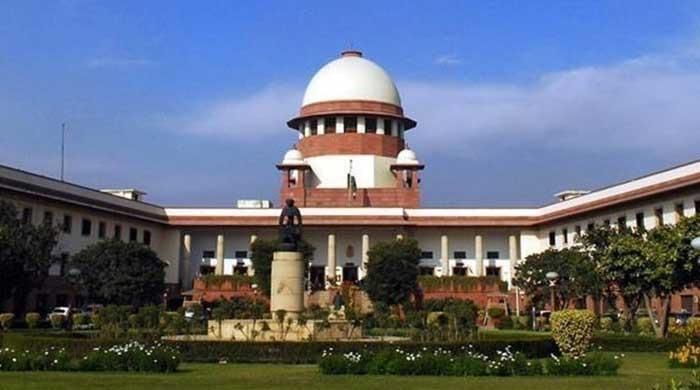- SC maintains the law for the inclusion of non -Muslims in the WAQF meetings.
- The upper court limits non -Muslim members to four in the Federal Board.
- It suspends the provision empowering the government to decide the destiny of the properties.
The Supreme Court of India has suspended certain provisions of the contentious law of WAQF (amendment) of 2025 that ruled how the properties donated by Muslims were property and managed in the country.
After listening to multiple statements presented by Muslim groups and opposition parties that claim that the law violated the rights of Muslims, the president of the Supreme Court of India, BR GAVAI and Judge Ag Masih, suspended a provision that trained the government to decide if any disputed property was WAQF Or no, the BBC reported.
However, the Court refused to tear down the entire law as requested by the recurring and said that the stay was only granted in the “rarest category.”
The land and the properties that fall under the “Waqf” Category, which means “staying” in Arabic, and is endowed by a Muslim for religious, educational or charitable purposes. This land cannot be transferred or sold.
Government and Muslim organizations estimate that more than 25 WAQF The joints have almost 85,1535 properties and 900,000 acres of land, placing them between the three main owners of India.
These properties in India were governed by the WAQF law, 1995, which foresaw the WAQF meetings at the state level.
However, in April, the ruling party Bharatiya Janata (BJP) presented the WAQF (amendment) bill that proposes the inclusion of non -Muslim members in the meetings of the WAQF and WAQF Central Council and will allow the Government to determine the property of the WAQF properties disputed.
Although many of these properties, donated through oral statements or following the traditions of the community, were legitimized due to their continuous use by Muslims, the new law presented by the government of Prime Minister Narendra Modi requires that WAQF meetings provide valid credentials to claim a property as WAQF and in case of a dispute, the government will decide on the task of the property.
The SC India has eliminated this provision on the issue of the separation of powers, between the Executive and the Judiciary, if the Government will decide the rights of citizens instead of the latter.
In addition, the country’s main court also suspended another clause that required that a WAQF donor was practiced Muslim for at least five years.
However, the judges have refused to provide a stay against a provision that allows the nomination of non -Muslims to the WAQF Board, and instead, it limited the number of non -Muslim members to a maximum of four in the Federal WAQF Board of 22 members and three in the state boards of 11 members.
“Efforts should be made to appoint the executive director of the Board among the Muslim community,” he said.
– With additional contributions from Reuters




